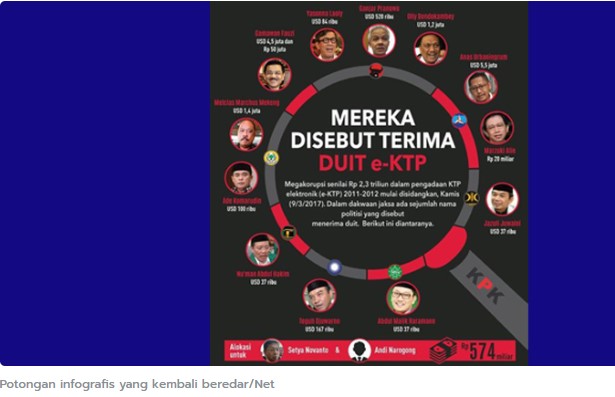
STRATEGIC ASSESSMENT. When Indonesia recently unveiled the latest plans to overhaul its ageing Criminal Code, one of the articles that caught everyone’s eye was the one about the death penalty.

While Indonesia has long executed those convicted of crimes such as terrorism, murder, and drug trafficking, the draft of the new Criminal Code describes execution as a “last resort” and offers an alternative: a 10-year probationary period during which those condemned can have the sentence replaced with a life term if they meet certain conditions.
The so-called probationary death sentence, which has echoes of the two-year “reprieve” that China offers to some of those convicted to death, has raised some concerns, however. Usman Hamid, who chairs Amnesty Indonesia, which campaigns for an end to the death penalty in its entirety, said that if a probationary period is going to be used, it should be granted to everyone who is sentenced to death.
Dobby Chew, the executive coordinator of the Anti-Death Penalty Asia Network based in Malaysia, worries that a probationary death sentence in Indonesia will become a compromise that fails to address either reform or punishment.
Amnesty International Indonesia Executive Director Usman Hamid on Friday said Indonesian government continues to suppress critical voices and permits non-state actors to exert the same pressure, resulting in impunity. “Although government leaders, including President Jokowi, have often expressed their commitment to preserve and protect civil freedoms, the data and facts show otherwise.

Freedom is under attack from both above and below. The Indonesian government must correct this,” Usman said. According to Amnesty International’s report “Muting Voices, Silencing Critics: the Loss of Civil Liberties in Indonesia,” there have been at least 328 cases of physical and digital attacks on civil liberties, with 834 victims.
It is also reported that the assaults were carried out by state actors dominated by the law enforcers, as well as individuals and non-state organizations who frequently target state critics. The report highlights the deterioration of public space for criticism and protest during the last three years as a result of a surge of attacks on free expression, peaceful assembly, association, personal security, and freedom from arbitrary arrest.

Amnesty International Indonesia Executive Director Usman Hamid on Friday said at least 316 occurrences of misuse of the Information and Electronic Transactions (ITE) Law breached the right to freedom of speech and resulted in at least 332 victims from 2019 to May 2022.
Amnesty International criticized the ITE Law, which was first enacted in 2008 and revised in 2016, claiming that a number of clauses in the law are so vague that they are frequently used as a justification for police reporting, arrests, and detentions on defamation and hate speech accusations.
Advocates have deplored a series of wide-ranging and coordinated cyberattacks against journalists and employees of the media company Narasi and have urged the police to act immediately.

The attacks happened over the weekend against Narasi, which has reinforced its criticism of the government recently. Speaking at a virtual press conference held by the Alliance of Independent Journalists (AJI) on Monday, Narasi Newsroom Head Laban Laisila said the attacks aimed to take control of the Telegram, Instagram, Facebook, and Twitter accounts of its employees.

AJI Chair Sasmito Madrim condemned this as an “assault on multiple fronts: on Narasi, on the freedom of the press, and on the public as a whole.”








